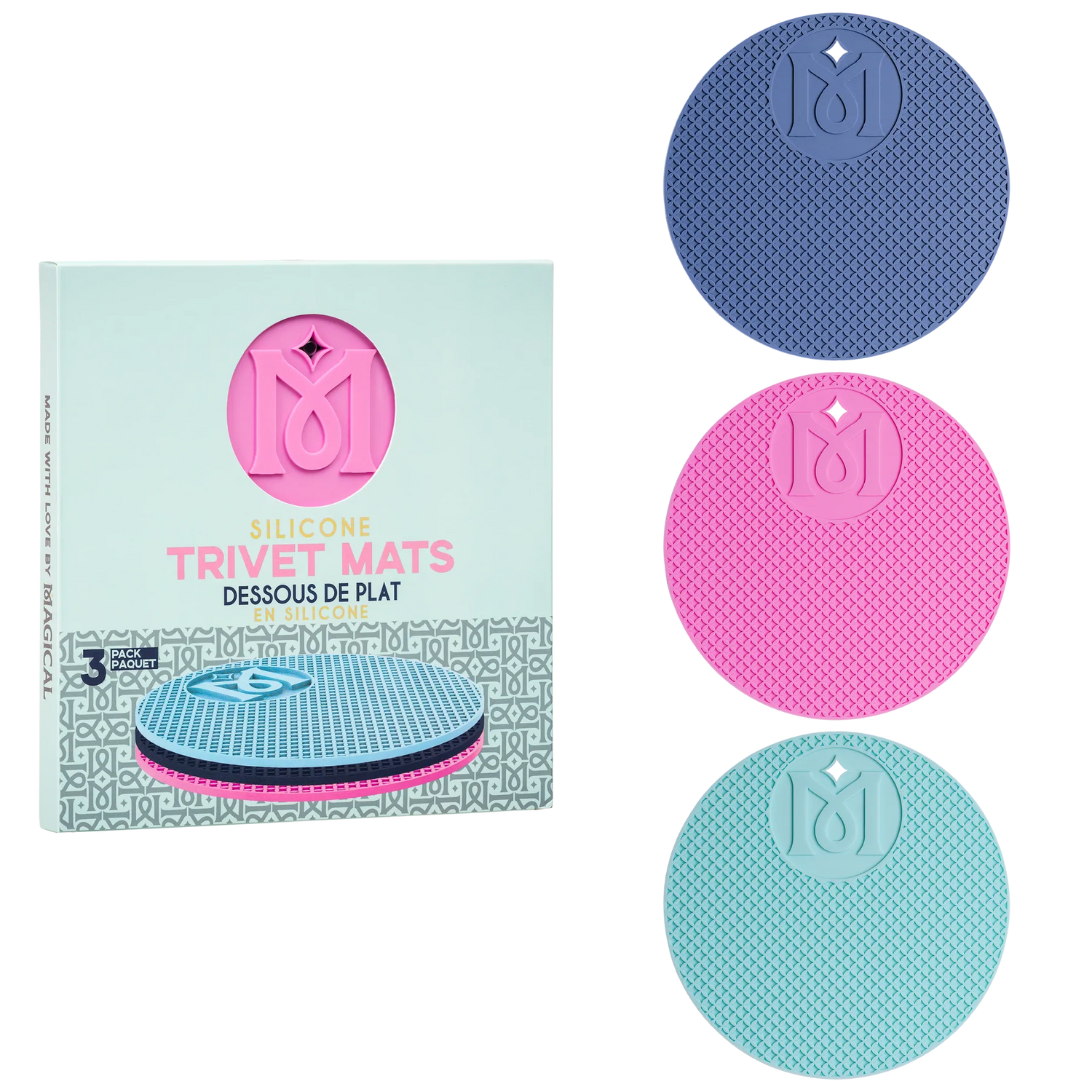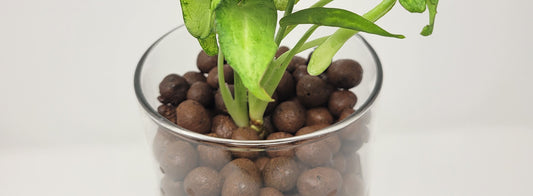Soil Questions
Soil Gardening Questions Answered
Our chat is always open to answer your questions, you can email us at contact@taphydro.com, or call us at 404-464-8313
1. WHAT IS ORGANIC GARDENING?
The short answer is not using synthetic or chemical products including pesticides and fertilizers and not using GMO plants or seeds. Ideally you would implement techniques that will replenish resources as you make use of them.
2. WHAT ARE COMMON COMPONENTS OF AN ORGANIC GARDEN?
The most common components are compost made from natural/organic sources, beneficial organisms, and organic fertilizers such as alfalfa meal, guano, worm castings, rock phosphate, etc. Organic pesticides and Non-GMO seeds are key to keeping integrity of the garden.
3. HOW IMPORTANT IS THE SOIL IN AN ORGANIC GARDEN?
The soil in an organic garden is extremely important. This is where and how the plants get their nutrients. Beneficial organisms live in healthy soil and breakdown fertilizer components into usable forms for the plants to uptake and use as food.
4. WHAT ARE BENEFICIAL ORGANISMS?
These are organisms that live in the soil and on the roots of plants. These organisms include bacteria, protozoa and fungi. They aid in water absorption, nutrient uptake and root growth of the plant.
5. HOW DO THESE BENEFICIAL ORGANISMS WORK?
The bacteria eat sugars, carbohydrates and carbons in the soil and then are eaten by the protozoa who excrete available nutrients for the plants. The fungi build pathways in the soil for water and nutrients to reach the roots.
6. HOW DO I GET BENEFICIAL ORGANISMS INTO THE SOIL?
Hopefully they are already present but if not they can be added by way of compost teas, worm castings, manure or even as a dry granular that activates once wet and in contact with plant roots.
7. WHAT FERTILIZERS ARE BEST IN AN ORGANIC GARDEN?
The beneficial organisms are the most important component. Once they are present, amendments like dry seaweed, alfalfa meal, bat guano, rock phosphate, blood meal, bone meal, compost, etc. can be added with great effectiveness.
8. WHAT CAN I USE FOR PEST CONTROL IN AN ORGANIC GARDEN?
You can use any OMRI listed pesticide/insecticide. But also using beneficial insects like ladybugs or praying mantis are great and all natural. Also using insect traps away from the garden can offer control without compromising the quality of the garden.
9. WHAT IS COMPOST?
Compost is broken down and decaying organic matter. It is usually made up of yard and kitchen waste excluding meat scraps. These should never be added to compost. Compost is a great soil conditioner and host for beneficial organisms.
10. WHAT IS COMPOST TEA?
Compost tea is a solution made from aerated water that has compost submerged inside of it. By aerating this type of solution you activate and multiply the beneficial bacteria and have a super charged tea you can water your plants with that is full of readily available food.
Once the tea is brewed for 12-24 hours it is ready to use. You can root drench or foliar spray the plants with this solution. Typically it is diluted when used but can be used without dilution especially if introducing beneficial organisms is the main objective.
12. HOW OFTEN DO I FERTILIZE AN ORGANIC GARDEN?
You can use compost teas weekly in the garden. If amending soil with organic components this should be done early for first 3 years then not again for 2 years. Repeat this sequence over time.




